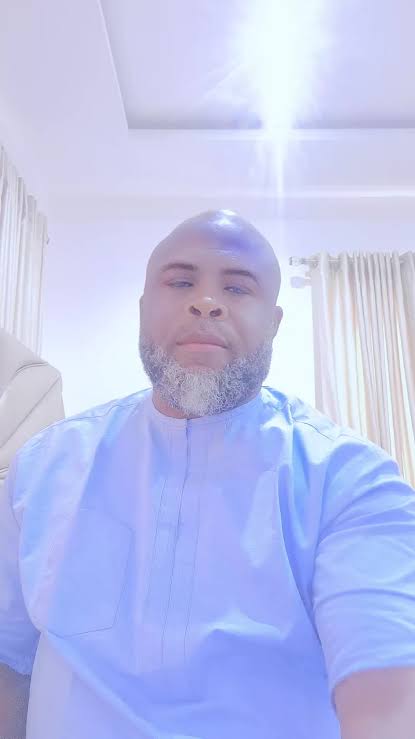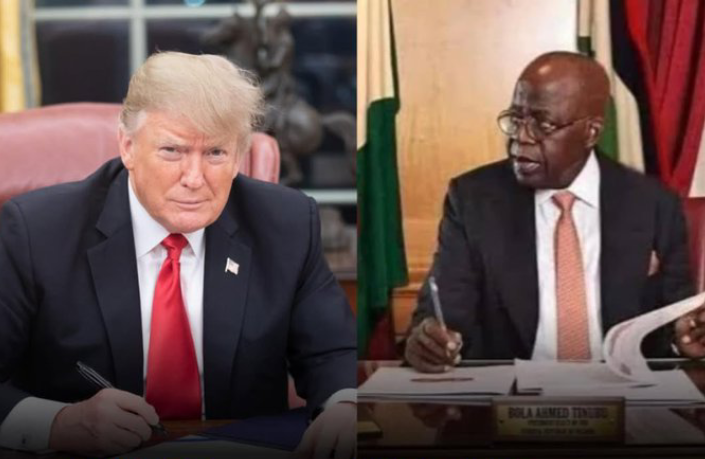
Blood on Lagos Island: NURTW Chieftain Shamsideen Oladiti Caught on Video Brutally Attacking Dispatch Rider to Death

Lagos Island was thrown into chaos after a disturbing video emerged showing Shamsideen Oladiti, a chieftain of the National Union of Road Transport Workers (NURTW), brutally attacking a dispatch rider in broad daylight.
The shocking scene, which allegedly led to the rider’s death, has once again cast a harsh spotlight on the cycle of violence and lawlessness that has become synonymous with Nigeria’s transport unions.
The footage, which has since gone viral across social media platforms, depicts a scene that many Nigerians describe as both horrifying and all too familiar. The dispatch rider, helpless and outnumbered, is seen being mercilessly beaten by Oladiti and his associates.
Passersby watched in fear, unwilling to intervene, as the life drained from yet another victim of unchecked brutality tied to a union that has long operated at the intersection of power, politics, and impunity.
The NURTW, though legally recognized by the Nigerian government, has for decades been associated with violence, intimidation, and bloody clashes.
A 2023 Tribune Online investigation described the union’s activities as “marked by lawlessness,” especially during internal disputes or enforcement of arbitrary rules on drivers and riders. That description came alive again on Lagos Island. This wasn’t an isolated event but part of a dark pattern.
Only last year in Abuja, a violent NURTW clash left one person dead and several others injured, after rival factions turned public spaces into battlegrounds. Such clashes are not just about internal leadership tussles; they reflect the union’s entrenched culture of force, where control is asserted not through ballots or negotiations, but through blood and intimidation.
The NURTW’s reputation for violence is not just about transport fares or territorial disputes. The union has, over the years, been deeply entangled in Nigerian politics.
Politicians at both state and national levels have reportedly used its members as enforcers during elections, deploying them to intimidate opponents, suppress voter turnout, or create chaos that benefits one party over another. This political weaponization has entrenched a culture of impunity.
As long as the union remains useful to those in power, little is done to curb its excesses. Ordinary Nigerians, meanwhile, are left to live with the consequences: insecurity on the roads, violent disruptions in markets, and tragedies like the death of the Lagos Island dispatch rider.
Despite being recognized by law, the NURTW often operates outside Nigeria’s regulatory frameworks. Officially, government documents, including directives issued in 2004 and reaffirmed in 2022, acknowledge only the NURTW and RTEAN (Road Transport Employers’ Association of Nigeria) as legitimate transport unions.
Yet, legitimacy has not translated into accountability. As RTEAN chairman Alhaji Shamsideen Ajala pointed out in past remarks, government recognition without enforcement has created a vacuum where unions operate unchecked, filling their ranks with individuals who answer only to themselves or their political sponsors.
The brutal assault carried out by Oladiti exemplifies this failure. In a properly regulated system, such an incident would be unthinkable. Instead, Nigerians have grown accustomed to a grim routine: union violence erupts, a few arrests are made for optics, and life goes on until the next tragedy.
What happened on Lagos Island is more than just another story of union violence; it is a mirror reflecting Nigeria’s deeper governance crisis. Transport unions are a critical part of daily life in a country where millions rely on buses, tricycles, and motorcycles for survival.
Yet, the very organizations meant to coordinate this lifeline are often the ones endangering it. For the family of the slain dispatch rider, the pain is personal and irreparable. But for Nigeria, the pain is systemic. Each violent clash, each life cut short, underscores the urgent need for reform.
The fact that a union leader could allegedly take a life in broad daylight, with witnesses too terrified to intervene, speaks volumes about the level of fear and power transport unions command on the streets.
The Nigerian government now faces a defining question: how many more lives must be lost before serious action is taken against violent unions? Reform will require more than cosmetic bans or temporary suspensions.
It demands a comprehensive reevaluation of how unions like the NURTW are structured, regulated, and monitored. Legal recognition must be tied to strict accountability, with real consequences for leaders and members who resort to violence.
Political actors must also be held accountable for enabling this cycle by using unions as private armies during elections. Without this, the bloodshed will continue, and tragedies like the Lagos Island killing will remain an ugly feature of Nigeria’s urban life.
The brutal killing allegedly carried out by Shamsideen Oladiti, captured on video for the world to see, is not just about one man’s act of violence. It is the latest chapter in a long history of blood, politics, and impunity that has defined the NURTW.
Until Nigeria confronts the systemic failures that allow unions to thrive on violence, the streets will remain battlegrounds, and innocent lives like that of the dispatch rider will continue to be lost in the crossfire of power and lawlessness.
Watch the video below
Moment NURTW Chieftain, Shamsideen Oladiti, popularly known as Shamelon, beåt a dispatch rider to pulp till he allegedly gave up yesterday at Lagos Island💔🥲 pic.twitter.com/g3JNdMRlTN
— CHUKS 🍥 (@ChuksEricE) September 18, 2025


